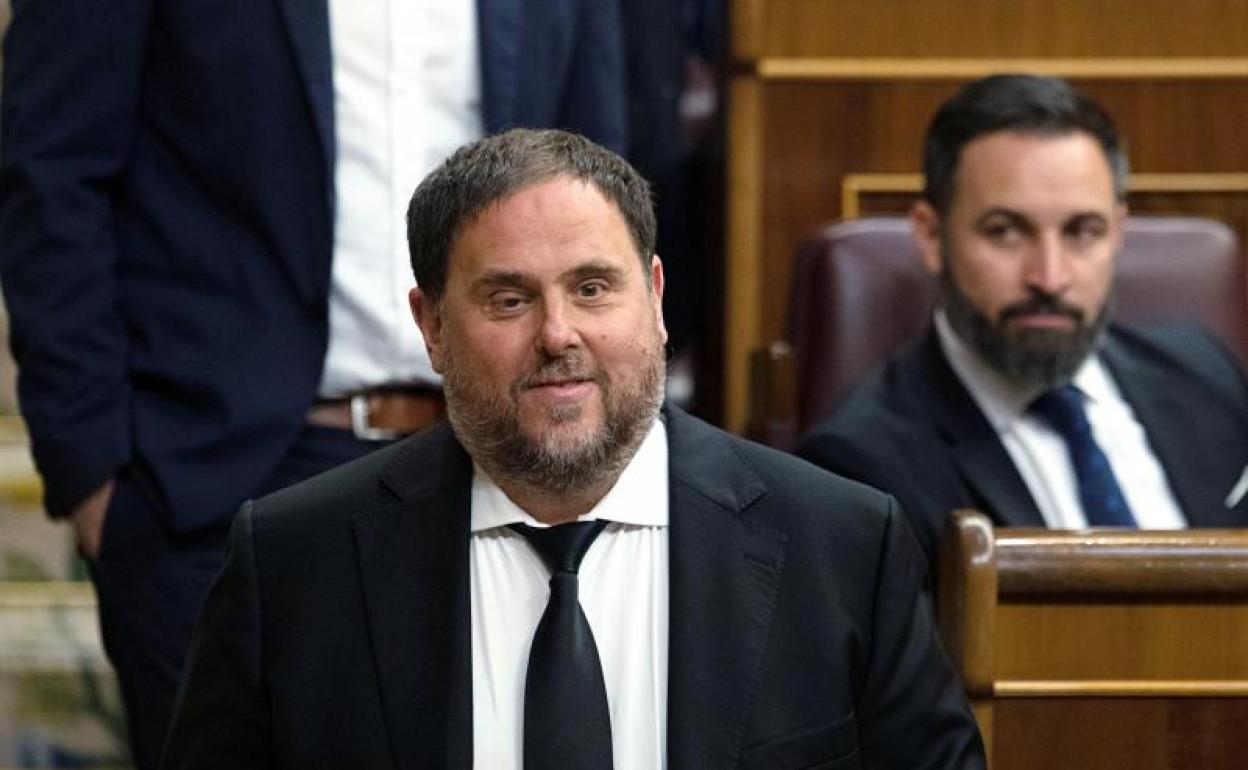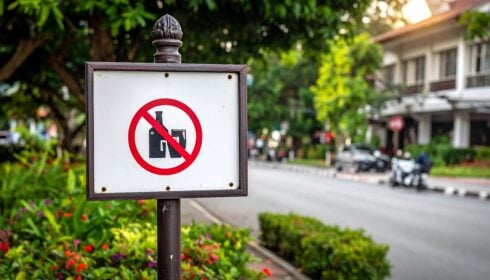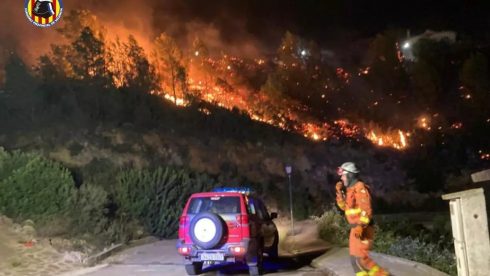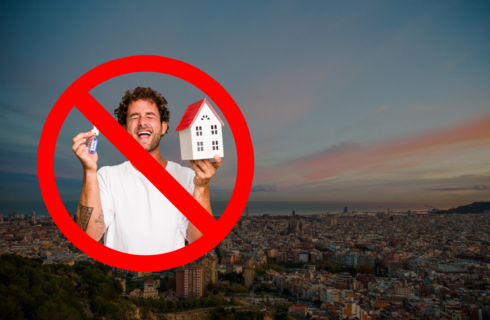SPAIN’S Socialist Party and the Catalan Republican Left (ERC) announced on Thursday that they had reached a much-awaited deal, one that will see the pro-independence group support caretaker Prime Minister Pedro Sanchez’s bid to hold onto power in exchange for major concessions for the northeastern region.
But the agreement does not yet guarantee that Sanchez will serve another four-year term in office, with another Catalan nationalist party, Together for Catalunya, holding off from giving its backing as last-minute negotiations continue.
Spain has been in a political limbo since the inconclusive July 23 general election, which was won by the conservative Popular Party (PP). The leader of that group, Alberto Nuñez Feijoo, was unable to form a government at a recent investiture debate despite securing the support of far-right Vox.
Feijoo lacked any backing from other, smaller parties in the Congress of Deputies, which prompted the king, Felipe VI, to invite Sanchez to try to form a government himself.

So far, Sanchez has secured the backing of the new alliance Sumar, which has absorbed a series of leftist parties including the PSOE’s erstwhile coalition partners, Unidas Podemos.
But he also needs the support of the Catalan parties if he has a hope of winning the investiture debate, as well as a number of smaller groups including Basque nationalists.
Among the demands that the ERC and Together for Catalunya have voiced so far is an amnesty for anyone involved in the 2017 secession drive in the region, which saw an illegal referendum on breaking away from Spain held as well as a unilateral declaration of independence passed by the regional parliament.
What happened on Thursday?
With a date for Sanchez’s investiture debate yet to be set, the acting presidency minister, Felix Bolaños of the PSOE, and ERC chairman Oriol Junqueras, held a joint press conference yesterday to announce that they had reached a deal.
What do we know about the amnesty agreement?
Both of the politicians remained tight-lipped about exactly what form the amnesty deal will take. The agreement, Junqueras said, included an ‘amnesty for all’, but he failed to go into further detail.
The potential amnesty agreement has been hugely controversial in Spain, and has been used by right-wing parties such as the PP and Vox as a means to attack the government.
A series of demonstrations has been staged across the country in recent months in opposition to the potential absolution for anyone involved in the independence drive.
Catalan debt forgiven
One point included in the deal that has emerged so far is a pledge to forgive up to €15 billion of the Catalunya region’s debt. The money had been borrowed from the state’s Regional Liquidity Fund, which was created in 2012 during Spain’s economic crisis as a way that regions could raise financing outside of the regular markets.
The arrangement will also mean savings of €1.3 billion in interest payments.
The announcement has already raised the ire of other regional governments, including Andalusia, which is governed by the PP. The PSOE was at pains to point out, however, that other regions will also be able to write off similar debts in the future.
Junqueras described the measure as ‘the biggest step in recent years’ when it comes to improving the financing of the Catalunya region, which has the biggest debt with the state of all Spain’s 17 territories, of €73 billion.
A transfer of trains
Another of the elements of the deal that has so far been made public is the transfer of the Rodalies commuter train system from the Spanish state to the regional government – including management, the ownership of infrastructure such as tracks and trains, as well as financing.
The Catalan parties argue that the Rodalies system has suffered a chronic lack of investment, and suffers breakdowns and delays on a daily basis.
While a lot of the details are still to be hammered out by the two sides, three lines that are within the regional territory will be managed by Catalunya rather than the state.
What happens next?
In the wake of the announcement of the deal on Thursday, the regional premier of Catalunya, Pere Aragones, applauded the agreement. But his statements pointed to what is still to come regarding the demands of nationalist parties such as his.
“Once the amnesty has been achieved, it will be the moment to advance toward self-determination, toward a referendum,” he said.
Such a plebiscite on the future of the region has been consistently ruled out by the PSOE, however, and would require major constitutional reforms before it could take place.
And why hasn’t Together for Catalunya signed up to the deal?
If Pedro Sanchez is to become prime minister once more, he needs not only the support of ERC but also Together for Catalunya. But instead of signing up to the agreement yesterday, the party led by Carles Puigdemont – who has been living in self-imposed exile in Brussels since 2017 to avoid arrest for his role in the independence drive – opted to push for more concessions when it comes to the amnesty.
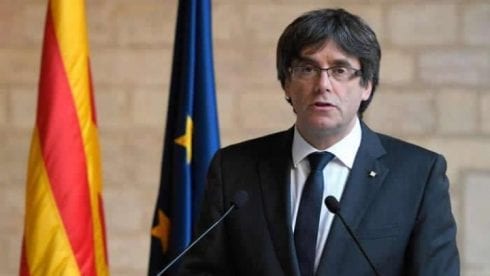
Sources told news agency Europa Press that Puigdemont is still in talks with the Socialists, and he is unhappy with certain elements of the amnesty law.
The date for the investiture debate is yet to be set, but the clock is ticking toward the end of November. If Sanchez fails in his bid for power before then, Spain will be looking at fresh elections come 2024.
Read more:
- Spain takes step closer to ending political stalemate, as caretaker prime minister and Catalan nationalists agree amnesty deal
- Spain’s caretaker prime minister voices strongest backing yet for Catalan amnesty
- Spain’s caretaker prime minister holds unprecedented meetings with Basque and Catalan separatists
Click here to read more Catalunya News from The Olive Press.

